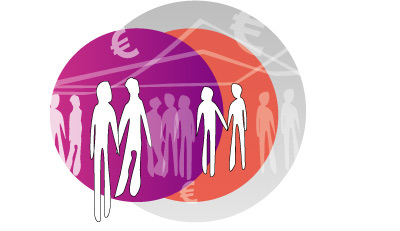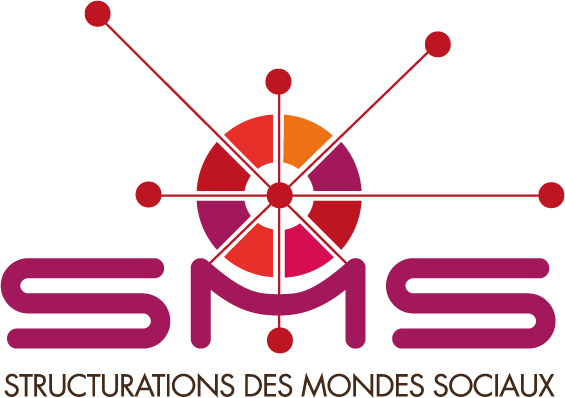-
Partager cette page
Market Worlds
Host group
Presentation
Research Group 10, "Market Worlds" (coordinator Franck Cochoy) studies the social bringing to life of markets and thereby the ways in which exchanges ‘make society;’ that is to say, build relationships, create identities, transform cognitive schemas, create or go beyond asymmetries, arrange the spaces of exchange, and adjust ways of buying, selling, and ultimately, being together. Several empirical studies have been undertaken, both on cont  emporary situations (tourism, discourse on the economic crisis jointly with Group 8) as well as on earlier periods (trust in medieval trade).
emporary situations (tourism, discourse on the economic crisis jointly with Group 8) as well as on earlier periods (trust in medieval trade).
The first outcome follows from highlighting and bringing together studies from various humanities – history, sociology, and geography – on market questions. In addition to their diversity, these studies highlight processes that are longitudinal, relational and situated, and that ‘bring to life’ and ‘order’ economic situations, ipso facto calling into question the mechanistic and ahistorical representations of economic facts.
The second result concerns the centrality of social and technical mediations in economic ordering. Studies underway deal with religion in the Middle Ages, the role of the press, and digital applications for tourist routes.
The third result is a shared effort at methodological innovation, such as taking an archaeological perspective on medieval history, a lexicographical analysis of the economic press, and even an IT-sociology partnership that developed and experimentally tested a smartphone application on the sociology of the tourist market in Albi.
 emporary situations (tourism, discourse on the economic crisis jointly with Group 8) as well as on earlier periods (trust in medieval trade).
emporary situations (tourism, discourse on the economic crisis jointly with Group 8) as well as on earlier periods (trust in medieval trade).The first outcome follows from highlighting and bringing together studies from various humanities – history, sociology, and geography – on market questions. In addition to their diversity, these studies highlight processes that are longitudinal, relational and situated, and that ‘bring to life’ and ‘order’ economic situations, ipso facto calling into question the mechanistic and ahistorical representations of economic facts.
The second result concerns the centrality of social and technical mediations in economic ordering. Studies underway deal with religion in the Middle Ages, the role of the press, and digital applications for tourist routes.
The third result is a shared effort at methodological innovation, such as taking an archaeological perspective on medieval history, a lexicographical analysis of the economic press, and even an IT-sociology partnership that developed and experimentally tested a smartphone application on the sociology of the tourist market in Albi.
